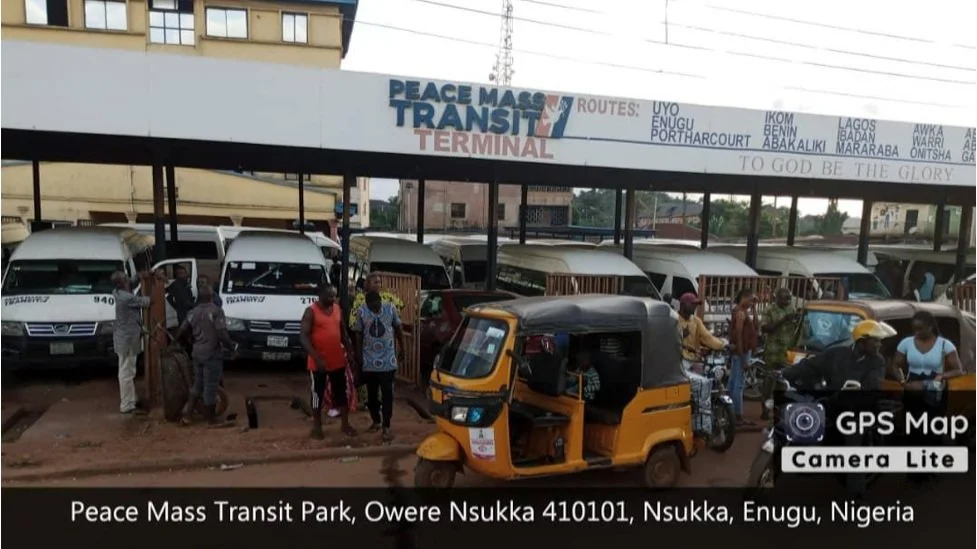The burgeoning field of return and reintegration in Nigeria, a critical area for addressing the complex realities of migration, is unfortunately riddled with a deeply ingrained culture of defensiveness, distrust, and even outright rivalry among its key stakeholders. This pervasive atmosphere not only presents significant methodological hurdles for researchers striving to understand the nuances of this intricate process but also plunges them into a precarious ethical landscape. Navigating these morally ambiguous situations is paramount, as the outcomes ultimately impact the very individuals – return migrants – whom the sector aims to assist. This blog post sheds light on these…
Read MoreThe issue of consent and voluntariness of return of failed Nigerian asylum seekers from the EU and those in transit countries has remained in contentious debate. Many asylum seekers consent to return due to pressure from and exhaustion from these countries…
Read MoreThe return of Nigerian migrants from EU countries seems to be smoother in comparison with returns from North Africa. In many cases, potential returnees are counselled pre-departure before being returned through a voluntary return program. In some cases, Nigerian partners are flown in to convince migrants with failed…
Read MorePeace Mass Transit Terminal, Nsukka, one of the local motor parks in Nigeria from which migrants using irregular pathways initially board buses to Lagos and Kano (major migrants’ collection hubs) before boarding another one to Agadez (Niger Rep), Cotonou (Benin Rep) or Bamako (Mali) for onward movement to countries in the Maghreb in a bid to enter Europe…
Read MoreGAPs had its official kick-off meeting on 8-9 March 2023 with a public panel event on 10 March 2023, the agenda of which can be viewed here. The majority of the team members, members of our advisory board and our ethics…
Read MoreGAPs is a new Horizon Europe project, awarded a grant from the EC to conduct a comprehensive multidisciplinary study on the drivers of return policies and barriers and enablers in international cooperation on returns.
Read More





